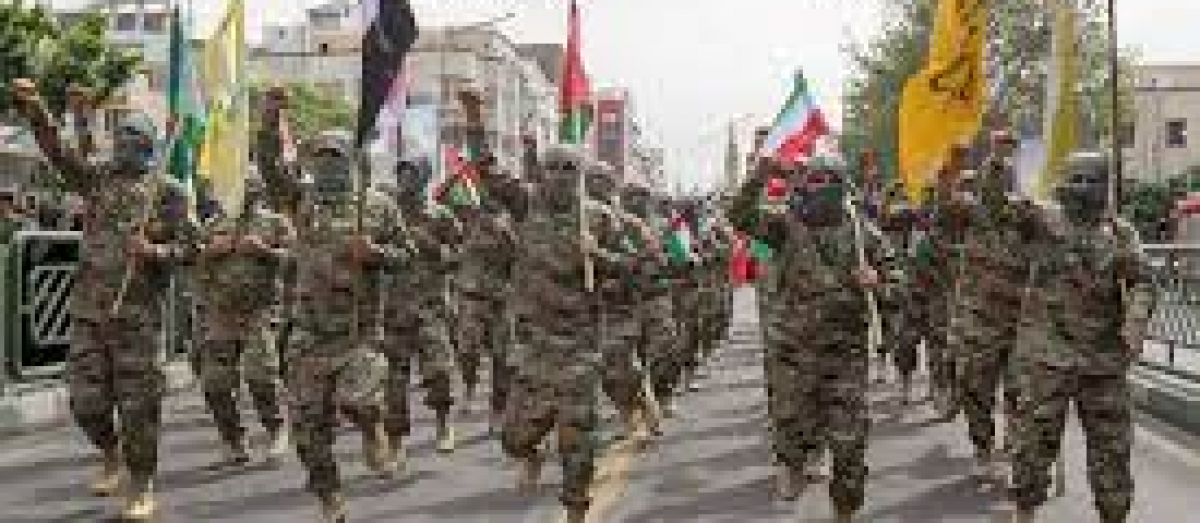Despite the wrongs by Israel, Hamas is a terrorist organization. It’s difficult to support terrorists even when in support of the same cause: a Palestinian home state – especially when their enemy has the support of the United States.
Israel is here to stay. That’s the way it is. The best solution is a 2-State solution. Others have come to understand that peace must be made and support for Hamas has been weakening. This is why we saw the latest assault against Israel – to push Israel to a point where their response would turn the peacemakers against Israel – sabotaging the peace deals…
What is Hamas?
Hamas is a Palestinian Islamic political and militant organization that holds a significant position within the Palestinian territories, particularly in the Gaza Strip, where it seized control in 2007. It is classified as a terrorist organization by several countries, including Israel, the United States, the European Union, Canada, and Japan, due to its long history of attacks, including suicide bombings against Israeli civilian and military targets.
Support for Hamas
The primary state supporter of Hamas has been Iran, which provides the group with financial aid, weapons, and training. Iran’s support for Hamas fits into its wider strategy of extending its influence across the Middle East, particularly among Shia and other Muslim groups that are antagonistic toward Western interests and Israel.
Hezbollah, based in Lebanon, is another non-state actor that has supported Hamas. Hezbollah, also designated as a terrorist organization by many countries, shares similar ideological views regarding Israel and has provided military support to Hamas.
Changing Alliances in the Middle East
Several Arab states have historically been sympathetic to the Palestinian cause, with varying levels of support for different Palestinian factions, including Hamas. However, the landscape of support has shifted significantly in recent years:
- Saudi Arabia and the United Arab Emirates: These Gulf states have historically supported the Palestinian cause broadly but have taken a stronger stance against groups like Hamas that they consider destabilizing. Their priority has shifted towards countering Iran’s influence in the region, and they have shown a willingness to normalize relations with Israel, exemplified by the Abraham Accords.
- Egypt: While Egypt has a complex relationship with Hamas due to their shared border with the Gaza Strip, they have often brokered ceasefires between Hamas and Israel. However, Egypt’s government has also been opposed to Islamist movements in the region, including the Muslim Brotherhood, with which Hamas is affiliated.
- The Abraham Accords: In 2020, the Abraham Accords marked a significant shift, with the United Arab Emirates, Bahrain, and subsequently Sudan and Morocco, agreeing to normalize relations with Israel. This step represents a move away from the previous consensus that normalization would only occur in the context of a comprehensive peace agreement addressing the Palestinian issue.
- Qatar: Qatar has been an outlier in the Gulf region, providing significant humanitarian aid to Gaza, which indirectly benefits Hamas. Qatar argues that its aid is intended for the civilian population and has the support of Israel and the international community in that context.
- Turkey: Turkey has had a relationship with Hamas and has hosted its leaders on occasion. However, the extent and nature of any direct support are subjects of controversy and diplomatic tensions, particularly with Israel.
In conclusion, the situation regarding support for Hamas is intricate, with various actors providing different levels of political, financial, or military support. The changing political landscape, driven by geopolitical interests and shifting alliances, has seen a general trend among Arab states to deprioritize the Hamas agenda in favor of broader regional objectives, including peace and cooperation with Israel. However, dynamics are fluid, and the regional politics continue to evolve, influencing the level and form of support for Hamas.





